Are you wondering if developing food sensitivities is inevitable? Even though you may have noticed many of your friends and family members explaining how they can’t eat this or that anymore, it isn’t inevitable. Food sensitivities are now extremely common in our society, but they don’t have to be! Read on if you want to learn how to prevent them.
How do food sensitivities develop?
In order for food sensitivities to develop, conditions have to be right in the gut. It usually starts with poor digestion. Many people rush around all day putting their bodies in “fight or flight” mode (or sympathetic mode). When your body is in “fight/flight”, it manages its resources differently than when it is in “rest and digest” mode (or parasympathetic mode).
First of all, if you are just trying to survive a situation (such as being chased by a wildcat), your body is not too concerned with digesting the meal you just ate. Instead, it shunts the blood to your extremities to make you faster and stronger temporarily. This leaves the meal you ate to sit in your stomach. The fats rancidify, the proteins putrify, and the carbohydrates ferment. Sounds delightful, doesn’t it?
Leaky gut (aka intestinal permeability)
Next, this mass of maldigested food inflames your intestines and allows pathogenic bacteria (bad guys) to flourish in your gut. These pathogenic bacteria eat away at the mucosal layer that protects your intestinal lining, making little spots of “leakiness”. Over time, more and more “holes” develop and the maldigested food is allowed to leak out.
Once it leaks out into the bloodstream, the immune system gets called in. It sees invaders (antigens) and attacks. So, if you have toast for breakfast, a sandwich for lunch, and a biscuit with your dinner, eventually your immune system tags gluten or one of the other proteins in wheat as an offender and you develop vague symptoms every time you eat it.
Symptoms are your body’s way of communicating with you, but most of us have lost the ability to hear what our bodies are saying (or we never learned to listen in the first place). If we listen early on when the body is whispering, it will save us from the experience of having our body have to yell at us.
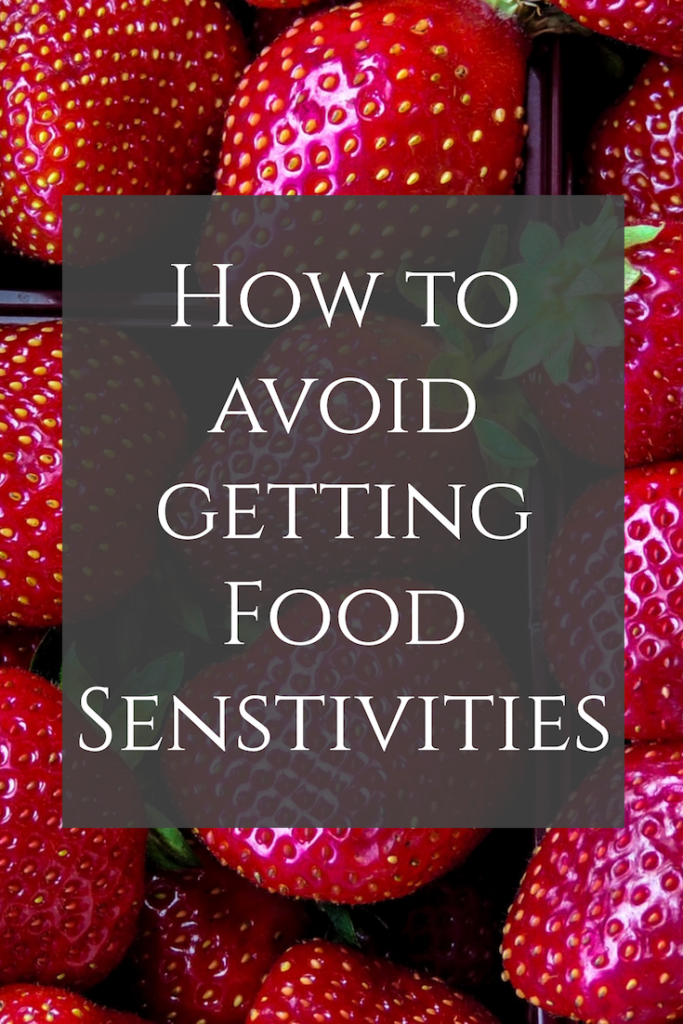
How to avoid getting food sensitivities:
- Eat a wide variety of foods: Eating the same thing every day is the fastest way to give yourself a sensitivity. If you suspect a food sensitivity, try only having that food once or twice a week, always with at least 2 days in between.
- Eat with the seasons: We weren’t designed to have access to bananas every day, yet there are people who do just that. I love a banana in my smoothie, but I have to restrain myself sometimes. 🙂
- Increase your Stress Resilience! Chronic stress thins the mucosal layer that protects your stomach lining, leading to a leaky gut. You may think that it is impossible to stop stressing, but there are many holistic tools you can incorporate to increase your Stress Resilience.
- Homeopathy
- Energy Medicine
- Intuitive Practices
- Mediation
- Gratitude
- Research shows that having gratitude for what you have greatly changes your perception of your stress load. Try keeping a gratitude journal. Instead of feeling stressed by the pile of laundry that you need to do, feel thankful that your family has so many clothes. It may sound simple, but it works (not overnight, but with practice).
- You may not be able to do anything about some of your obligations and other factors that are causing you stress, but you can change your perspective. Reframing and mindset are important tools for increasing Stress Resilience.
- Don’t take OTC drugs like Advil (ibuprofen): These drugs eat holes in the lining of your gut. We grew up with these and have been conditioned to think of them as harmless. They are far from harmless, however.
- If you are trying to treat a fever, don’t!! Fever is your body’s natural mechanism to kill off viruses and pathogenic bacteria. Let your body do what it was made to do!!
- If you have chronic pain, the best thing to do is to make sure you are eating (and digesting) healthy fats. Omega 3s block inflammatory pain pathways. Most people in the US are deficient in their fatty acids (healthy fats), and they take a while to rebuild, but it is definitely worth it. Not only do they block pain, but they also lower overall inflammation in the body which is protective against most chronic diseases and protects your brain! So, eat low mercury fish 2-3 times a week and take the highest quality fish oil supplement that you can afford to pay back your fatty acid deficiency as quickly as possible. Also, Homeopathy has wonderful options for chronic pain!
- If you need to treat acute pain, Homeopathy also has many options!!
- Eat organic: Pesticides and GMOs (which generally have pesticides inside the plant) poke little holes in your gut lining. No thanks!! Not only is organic better for your body, but it is also better for the planet. It’s a no-brainer. You simply can’t afford t0 not to eat organic since your body is the ONLY place you truly have to live.
- Avoid taking unnecessary antibiotics: Although antibiotics can most certainly save lives, over 80% of the antibiotics prescribed are unnecessary. Antibiotics kill good and bad bacteria alike, and unfortunately, the “bad” guys (or the weeds to use a garden metaphor) are what come back first and get the upper hand.
- Eat pastured or wild meats instead of factory farm meat: Factory farms use GMO foods that are riddled with pesticides and herbicides. You are what your food eats and you eat these chemicals. Pesticides and herbicides poke holes in the gut lining, making it “leaky”. Having a Leaky gut can lead to multiple food sensitivities. We can also add the fact that these animals are not treated humanely to our list of reasons why we should not eat them and should not use our dollars to support these factory farms.
- Avoid using chemicals like roundup in your yard: Just like I mentioned above, pesticides poke holes in your gut lining. Just because you aren’t eating your grass, doesn’t mean that your body is safe from the pesticides in your yard. You will breathe them in and if you choose to sit on your grass, you will absorb them through your largest organ, your skin.
If you are wondering what to do if you already have food sensitivities, check out my posts, Food Sensitivities, Intolerance, and Allergies: What’s the Difference?
Keep in touch!
We love pinning on Pinterest!
However, our favorite way to keep in touch is through email! Subscribe and never miss a post. Plus, get access to the Holistic Health Resource Library. There you can download ebooks, PDFs, and Homeopathic Remedy Cards by condition for FREE!
You will also get emails with information on how to incorporate true holistic healing into your life. Absolutely no spam!

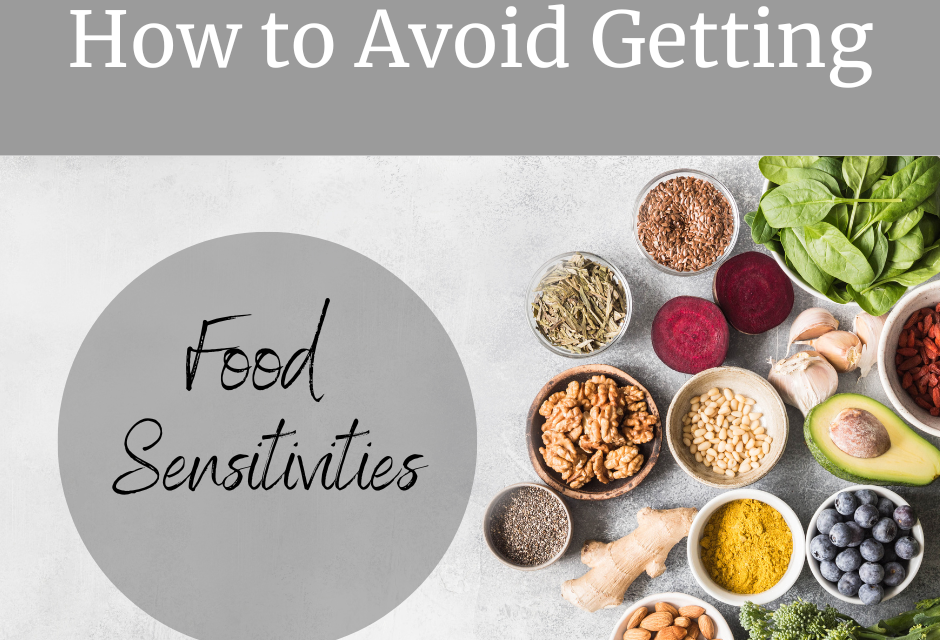

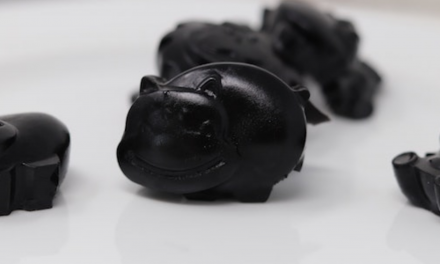

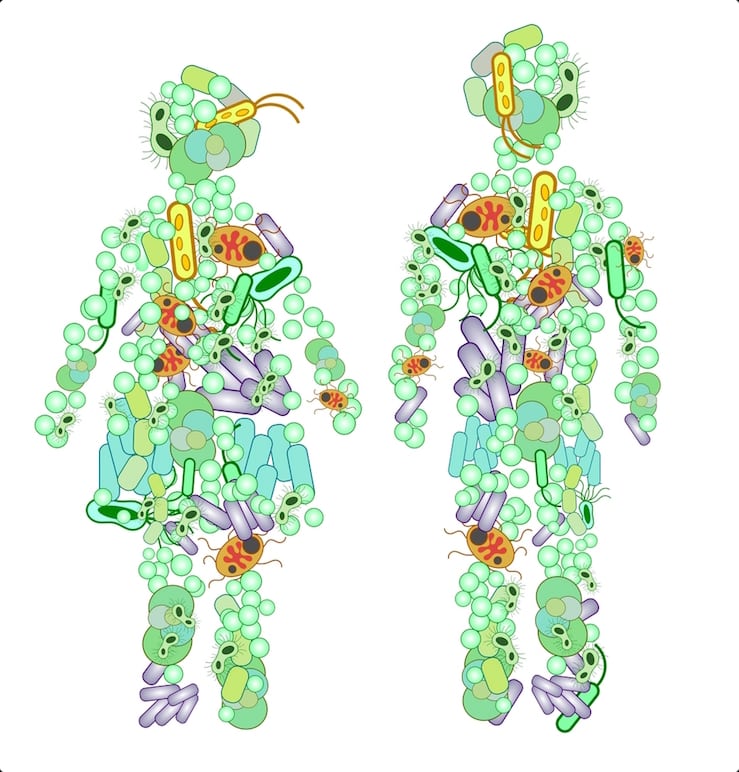






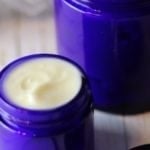



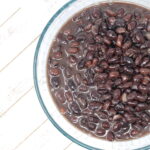
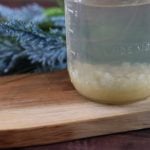
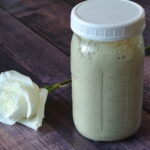

These are great ideas and very doable. I like the variety of options here – if someone ins’t ready for all the things, they can pick one and star there. I’m sharing with my group!
Thank you!
I love how you explain this! It’s so important to listen to our bodies when they tell us something and to eat a healthy, varied diet! My psoriatic arthritis has been so bad this winter and I’ve been trying to figure out why. Then I finally connected the dots that it flared up so badly a few weeks after going through an extremely stressful time of selling our house and moving to a new state. When you say to take care of your body and try not to put it into fight or flight mode, you are 100% correct! Thanks for this applicable info!
So, this is great. I’ve heard of leaky gut and I get the gist of it but never really understood exactly why/how it happened because everything was so science driven and my brain doesn’t do science. My functional doctor told me to start taking a high dose of Omegas b/c blood work showed I was deficient and I have noticed a difference in my overall feeling. I probably never would have connected the two.
I agree with all you said, our health is in our hands. What we eat, how we coop with stress and how much we listen to our bodies. I am going to share this valuable info in my FB page and group. Thanks